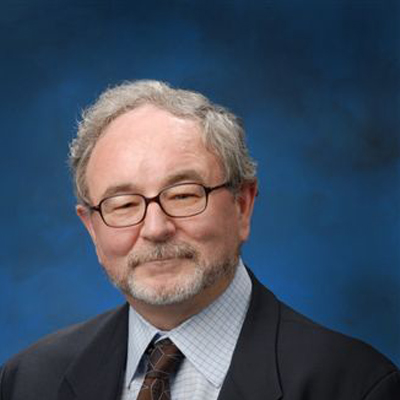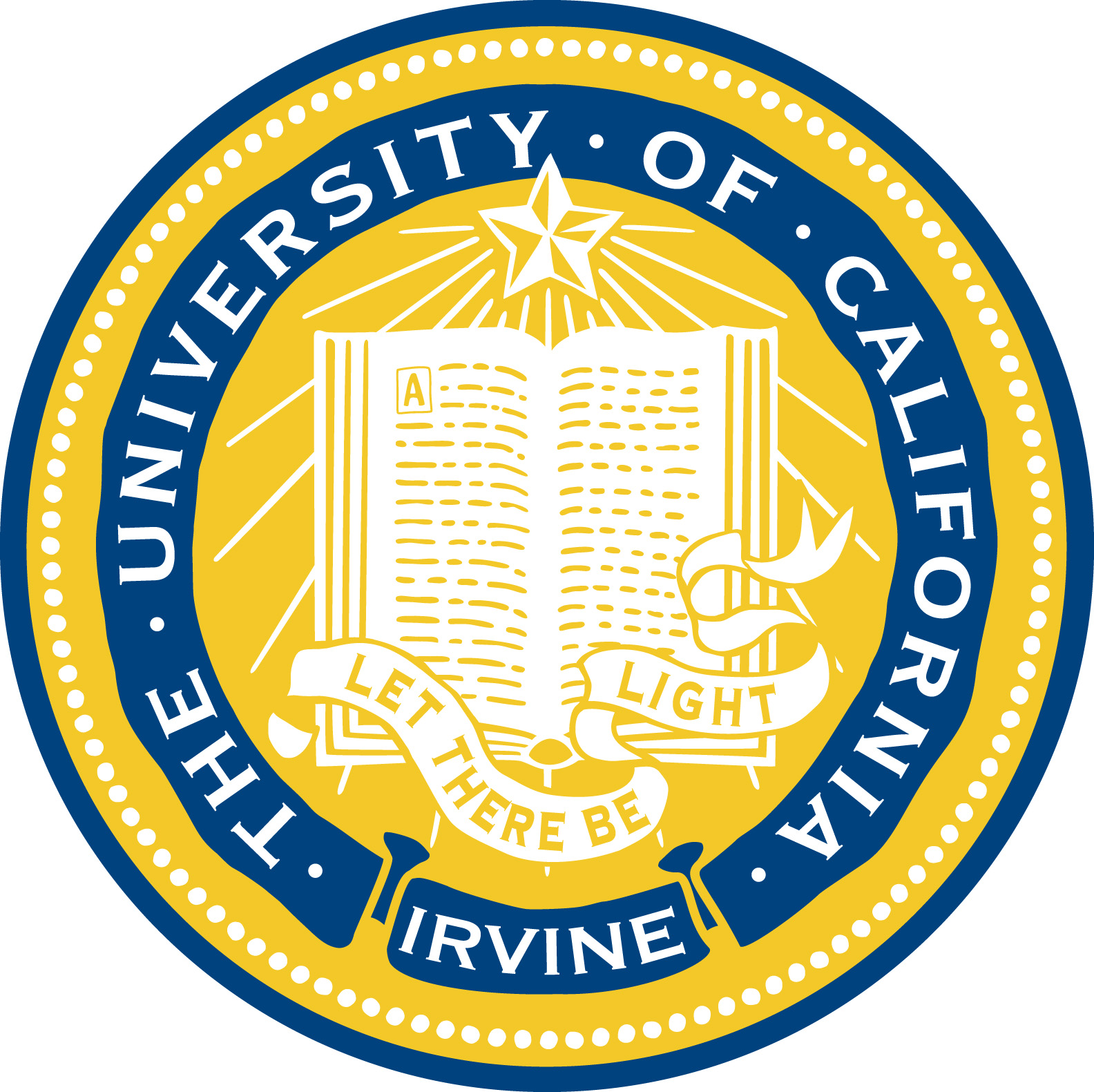Repurposed compounds to prevent cancer and other diseases encompassing basic and translational research
Of the seven most common cancers in the US, melanoma is the only one whose incidence is increasing [1]. The fight against cancer has come a long way, as evidenced by the recent breakthroughs in personalized (and precision) medicine, but perhaps the most effective management of cancer is its prevention. Dr. Frank Meyskens, Professor of Medicine, Biological Chemistry, Public Health, and Epidemiology and Founding Director (1989-2013) of the NCI-designated Comprehensive Cancer Center at the University of California, Irvine, is a pioneer in “chemoprevention” who uses dietary and standard chemical compounds to prevent human cancer. His influences in the cancer field are many. He gained national and international recognition—especially for his early work in the 1980’s—on the chemopreventive effects of retinoids, a class of chemical compounds that are chemically related to Vitamin A. Based on 25 years of basic laboratory and translational studies, early phase clinical trials of difluoromethylornithine (a repurposed drug), and the very promising results of a phase III trial to prevent colon cancer, Dr. Meyskens in 2008 co-founded Cancer Prevention Pharmaceuticals, the first company to be dedicated to cancer prevention. A prominent translational medical oncologist with a deep basic science foundation, Dr. Meyskens has not only done extensive studies on colon cancer, but has also treated melanoma patients for the past 35 years. He now hopes to expand this work, as well as to explore the unique and less known properties and practical applications of melanin (the pigment that determines skin color).
Basic science demands a long period of time to become clinically applicable, and much of Dr. Meyskens’ phenomenal expertise is grounded in his ability to translate long-term basic research into clinical trials. Dr. Meyskens has spent most of the last two decades trying to understand the effect of oxygen on the regulation of transcriptional factors, which translate DNA information into specific proteins that modulate beneficial phenotypic properties of the cell, and when awry, lead to cancer formation and drug resistance.
To address fundamental questions such as, “Why do people relapse five years later?”, Dr. Meyskens continues to collaborate with colleagues at UCI and many other institutions who helped discover much about the biological properties of early melanomagenesis. He plans to identify candidate compounds to target pathways that lead to cell dormancy and quiescence, thereby evading otherwise successful therapies. Currently Dr. Meyskens and his team are also actively screening certain types of compounds that affect these specific pathways. They are hoping to expand this work to fundamentally and clinically advance research in melanoma, other cancer areas, and diseased states like neurodegenerative diseases. An overall five page NIH Biosketch is available.
Current research includes:
- Therapeutic Prevention (“Chemoprevention”) of Human Cancer: Modeled after significant successes in the management of cardiovascular diseases (CVD), in which the regulated management of high blood pressure and cholesterol has made a very large difference in decreasing the mortality from heart disease. This line of research aims to find similar applications in cancer.
- New Approaches to the Prevention of Melanoma: When Dr. Meyskens was researching the basic mechanisms of transcription, parallel discoveries led to his studies of redox control during the early events of melanoma. This recognition has led to the investigations of a whole new series of molecules in these pathways, as well as inhibitors of these processes. Dr. Meyskens has recently focused on such pathways that will help advance therapeutic prevention of melanoma.
- Melanin, the “Molecule of the Century”: Melanin may well be the most neglected of all major molecules in biology, but it is a difficult-to-study molecule that is important in melanomagenesis and diseases of numerous organs, such as the eyes, heart, ears, possibly the brain and neurodegenerative states, and probably aging (Dr. Meyskens poses the question, “Why do a man’s eyebrows frequently remain black long after the scalp and beard turn grey?). It is also Dr. Meyskens’ hope to break through the entirely novel field of melanin research, where he can explore its unique properties and potential applications as a bio-battery, solar energy conversion, and in electronic signals.
Bio
Dr. Frank Meyskens was born the son of a plumber, attended George Washington High School in San Francisco, and matriculated at the University of San Francisco in pre-med (B.S., Biology). He received his M.D. degree from the University of California, San Francisco in 1972 and completed Internal Medicine training at that institution from 1972 to 1974. He received his Medical Oncology training at the Medicine Branch (1974-1977, Vincent Devita and Robert Young) and Lab of Tumor Cell Biology (1975-1977, Robert Gallo) at the National Cancer Institute. During that time he also conducted molecular biology investigations in the Laboratory of Tumor Cell Biology (R. Gallo, Chief). From 1977 to 1989 he developed his career at the Arizona Cancer Center at the University of Arizona and was its founding Associate Director of Cancer Prevention and Control from 1984 to his departure in 1989. During his stay at Arizona, he established one of the most successful Cancer Prevention Research Programs in the world, and became internationally recognized for his work in the biological activities of retinoids and their clinical usage in the prevention and treatment of human cancers. He was also Chief of Hematology/Oncology from 1986-1988.
In 1989 Dr. Meyskens was recruited to UC Irvine to establish its first Cancer Center. In 1994 the Cancer Center was awarded the prestigious NCI designation, followed by Comprehensive status in 1997. He was also Chief of Hematology / Oncology from 1989 to 1997. After serving as Director for over 23 years, he vacated that post in 2012 and assumed the role of Vice-Dean of the School of Medicine, leading a major effort in a University-wide Personalized and Genomic Medicine Initiative, with an eye toward encompassing Health as well. From 2004-2009 he served as Senior Associate Dean/Associate Vice Chancellor for New Programs and was instrumental in establishing Programs in Public Health, Pharmaceutical Sciences and Nursing Science, during which he recruited 29 faculty, including the three directors.
Dr. Meyskens is married to the former Linda Davidson and has three successful adult children—all married to first generation immigrants—and five grandchildren. He enjoys music in all its forms, traveling to experience new cultures, and swimming. Over the past 15 years he has re-explored his love of reading and writing poetry, finding his personal genre in the realm of “What really happens between people” (frequently patients and their doctors) and discovered the different type of rigor that writing meaningful poetry requires. He has published two books of original poetry, “Aching for Tomorrow” (Fithian Press) in 2007 and “Believing in Today” (Fithian Press) in 2014. All royalties are donated to a fund that underwrites the non-medical expenses of patients at the Chao Family Comprehensive Cancer Center. In the past six months he has further plunged into the world of the Humanities as related to the Medical sphere, concentrating on the specific issues of mortality and end-of-life care.
For more information, visit http://www.faculty.uci.edu/profile.cfm?faculty_id=3087
In the News
European Medical Journal
Orange County Register
University of Irvine, California


